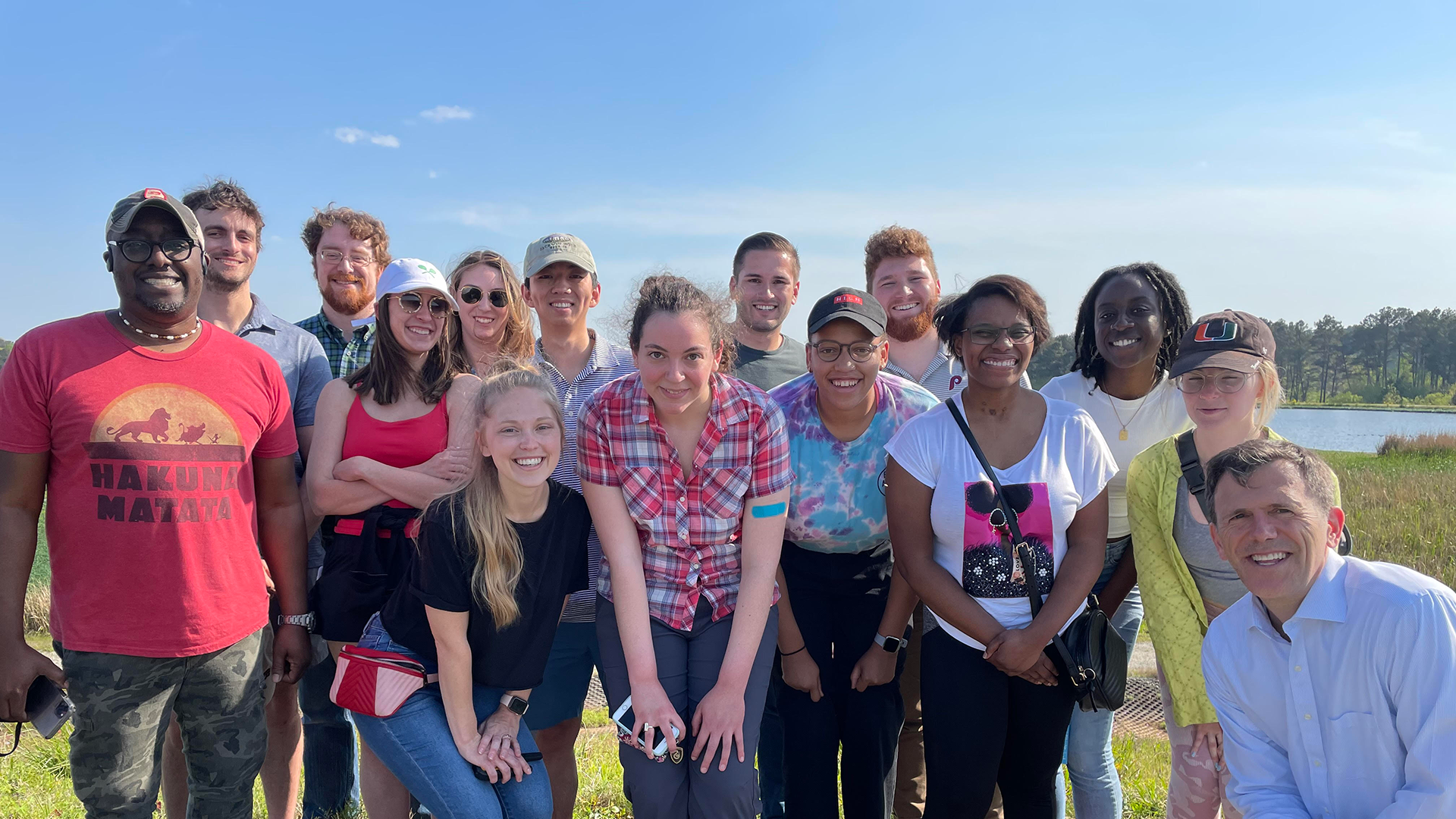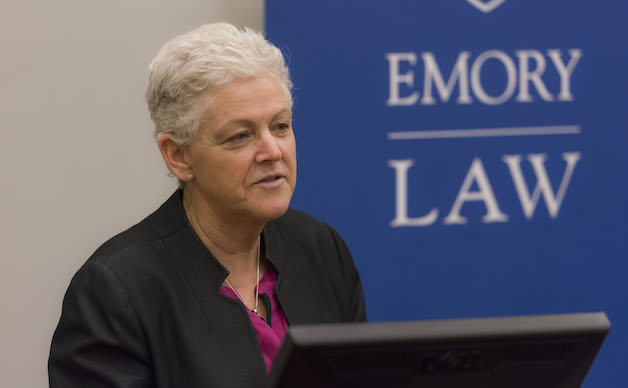
KMCL gift to Emory Law will increase diversity among environmental lawyers
KMCL-gift to Emory Law will increase diversity among environmental lawyers

KMCL-gift to Emory Law will increase diversity among environmental lawyers

In 1998, the Turner Foundation established Emory Law’s Turner Environmental Law clinic, which recently celebrated 25 years of public service. The clinic's pro bono work focuses clean and sustainable energy; regenerative agriculture and local food systems; natural resource protection; and environmental justice.


In 1983, a first-of-its-kind government study revealed race was the primary factor that determined where hazardous waste winds up in the South—which was predominantly in Black communities.

Emory Law’s Environmental and Natural Resources Law program has established a new DEI scholarship and stipend program to promote broader diversity in the practice of environmental law.



The Turner Environmental Law Clinic at Emory University School of Law represented Emory in the development and negotiation of a new partnership with The Conservation Fund.

In November 2016, The Turner Environmental Law Clinic sent two students to Marrakech, Morocco, to attend the 22nd annual Conference of the Parties (COP22) held under the UN Framework Convention on Climate Change.

Attorneys at the Turner Environmental Law Clinic at Emory Law School, representing three river groups from Georgia and Alabama, filed an amicus curiae brief in Florida v. Georgia, an original action before the United States Supreme Court.

Another wrinkle in the case is drought conditions in 53 Georgia counties, including all of Atlanta. "The fix isn't going to be simple," said Mindy Goldstein, director of Emory Law's Turner Environmental Law Clinic. She's working with Georgia and Alabama environmental groups to weigh in on the case. "It's not just one group or one area or one thing that needs to be fixed. The fix is going to be hard and it's going to be complicated."

On June 29, 2015, the Supreme Court held in Michigan v. EPA that EPA unlawfully delayed consideration of the costs of the Mercury and Air Toxics Standards. According to the five-justice, conservative majority, the phrase "appropriate and necessary" required EPA to consider costs at the initial phase of the regulatory process, when it was deciding whether to regulate hazardous power plant emissions, and not later on, once it had already decided such regulation was warranted.

Gina McCarthy, administrator of the Environmental Protection Agency, visited Emory Law Thursday, February 5.

In its proposed new regulations, the Environmental Protection Agency (EPA) estimates that many of the benefits of its mandate will arise not from the direct benefits of lower levels of carbon emissions, but from so-called health "co-benefits."

Professor Buzbee discusses the EPA's new policy on greenhouse gas emissions.

The Supreme Court ruled today that the 9th Circuit committed a legal error in holding the Los Angeles County Flood Control District liable for violations of its Clean Water Act (CWA) municipal separate storm sewer system (or MS4) pollution discharge permit.